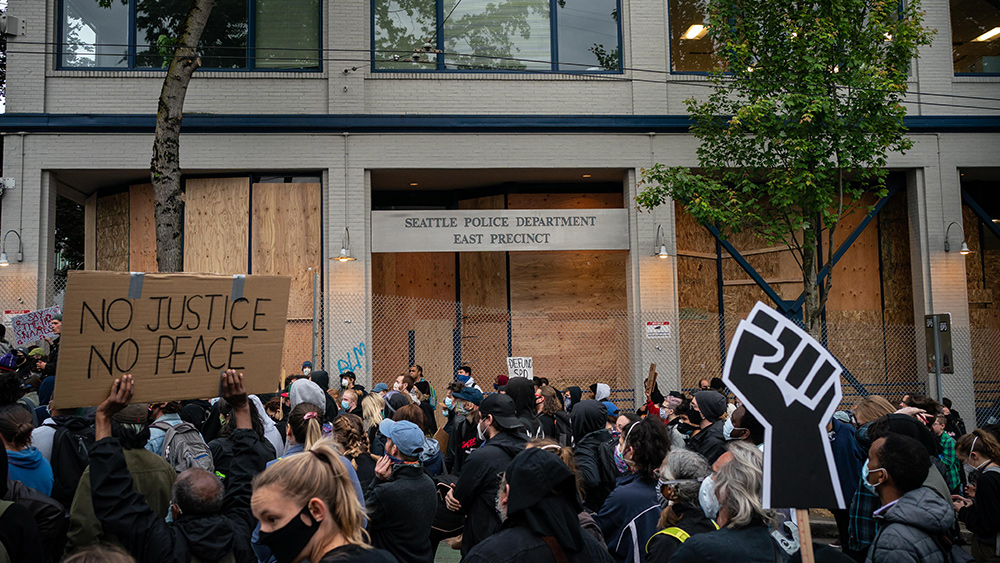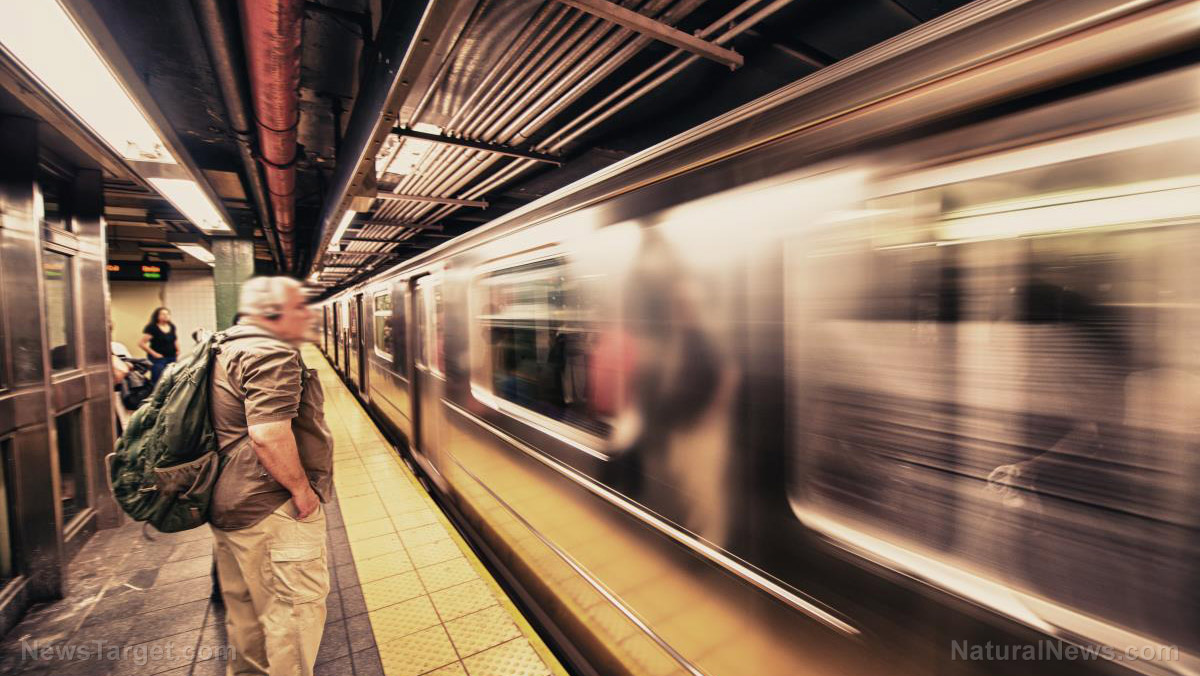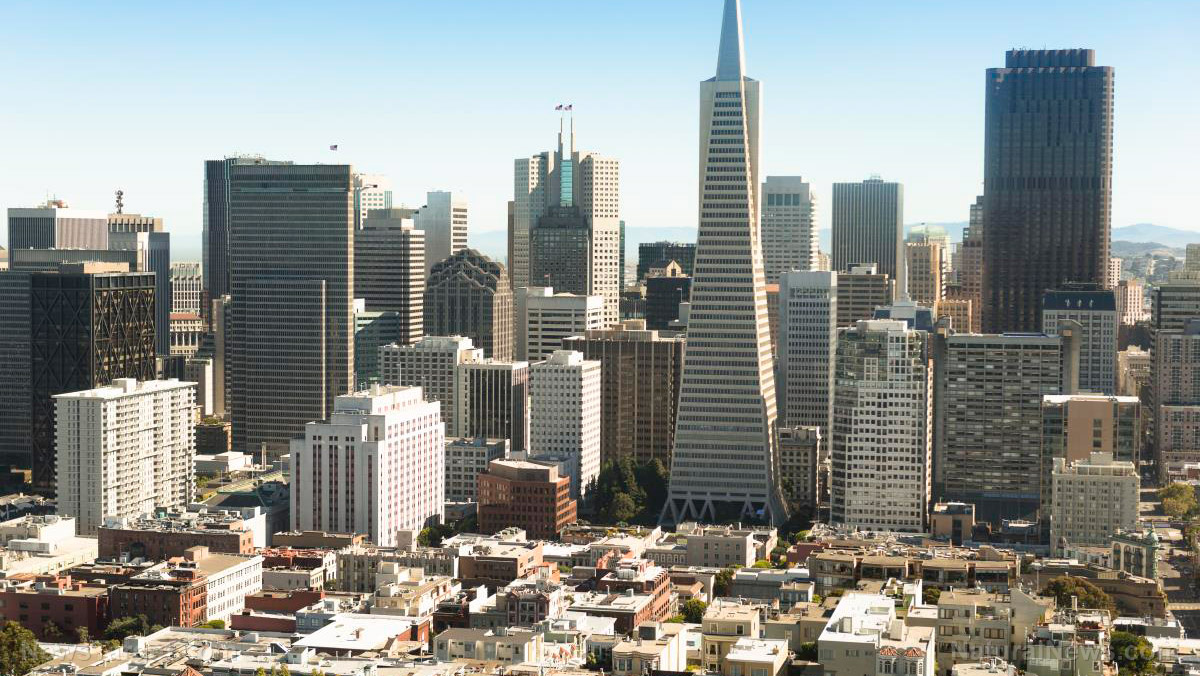
A significant number of officers in the Seattle Police Department (SPD) are resigning, with many of them citing their main reason being their refusal to be caught in the crossfire of the city's anti-police agenda and to work with a “socialist city council.”
Media outlets in Seattle were recently able to obtain over 175 pages worth of exit interviews from more than one hundred SPD officers who have resigned in recent months. Similar sentiments kept coming up in their interviews, with many stating that they love their work and the officers they serve with but that their morale is at an all-time low because of the endless rioting and the perceived lack of support from the city government.
One retiring sergeant who had been on the force for more than 20 years said that he refuses to work for “this socialist City Council” whose political agenda is detrimental to the health and wellbeing of SPD officers. He believes that if the current city council is allowed to continue governing, then they will “destroy the fabric of this once fine city.”
Another officer said that the department is fighting “an unwinnable battle” with the city council. The officer argues that this “will be the downfall of the city of Seattle.” Similar feelings have been expressed by other officers, with one stating that they are leaving because the council is close to successfully defunding the SPD, while rioters aren't being prosecuted even if they assault police officers.
Another officer, a K9 handler who has worked with the SPD for over a decade, said that the department could offer to pay him twice what he's making now and he still wouldn't take it because of the “current political mayhem.” He blamed his resignation on the lack of effective leaders in the police department and in the city government, as well as the presence of “Marxist collaborationists.” (Related: Seattle City Council votes to override mayoral veto, effectively defunding their police department.)
Many officers have been able to find employment with neighboring police departments. Due to their expert training and the experience they gained in handling the recent rioting, many others have even been hired by federal law enforcement agencies to help train recruits.
Number of SPD resignations hit all-time high in September
According to city data, a total of 110 police officers have left this year. In September, a record-breaking 39 officers resigned, while another 14 have gone on extended leave. Of the 110 officers that left, 41 of them retired. Of the retirees, all but one were with the department for 25 years or more.
The September resignations are very significant because all of the officers who resigned were with the force for five years or less.
While local journalists have been able to uncover 110 resignations and retirements, the actual number of people who have left the SPD could be significantly higher. According to documents gathered by KOMO News, as many as 182 officers could have been terminated between March and September.
Seattle Mayor Jenny Durkan, a Democrat, said in a statement that, given the fact that the city is losing an unprecedented number of police officers, it is more important than ever for the department's ranks to be replenished with new members who are “committed to reform and community policing.”
Mike Solan, the president of the Seattle Police Officers Guild, the main union that represents rank-and-file SPD officers, called the trend of resignations “deflating.”
“I'm seeing what I still believe is a great department being torn apart by politics,” said Solan. “You've got major politicians still pushing false narratives of the job of policing. Because facts don't matter anymore, truth doesn't matter anymore. And it all depends upon how you feel that day, and that's why officers are leaving this city in droves.”
Meanwhile, Councilwoman Lisa Herbold, chair of the Public Safety, Civil Rights and Technology Committee, refused to accept the validity of the data, saying that “One month's data is not a trend.” Herbold also said that the 110 departures so far this year is only 11 more officers than the SPD projected would either retire, resign or be fired from the department by the end of 2020.
Lack of officers detrimental to public safety and ongoing police reforms
Dr. Jacqueline Helfgott, director of the Crime and Justice Research Center at Seattle University, said that the massive wave of resignations has disastrous consequences for the future of policing in Seattle. The main problem is that, for the past five years, the lack of police officers has been one of the top two public safety concerns in the city. She argues that the data shows that people actually want more police officers, not fewer.
Antonio Oftelie, a federal court-appointed monitor overseeing police reform in Seattle, said that the high attrition rate of the SPD can negatively affect the progress of ongoing reforms.
Oftelie says that the current levels of SPD staffing are far below what the district judge set for several different areas, particularly for many of the SPD's specialized units and divisions.
“If Seattle wants to have a very effective police organization, you have to have training in order to handle what happens on the streets well and right now that's in jeopardy,” said Oftelie.
Learn more about how the current wave of engineered anti-police sentiment is crippling law enforcement all across the United States at PoliceViolence.news.
Sources include:
Please contact us for more information.





















